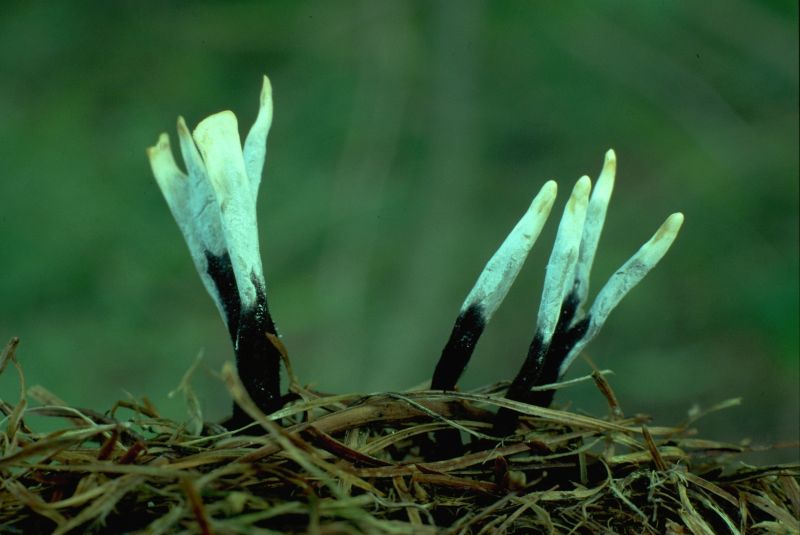
Or search Google Images for this species
Fagus sylvatica (98)
Corylus avellana (61)
Alnus glutinosa (30)
Fraxinus excelsior (20)
Salix (16)
Acer pseudoplatanus (11)
Crataegus monogyna (11)
Quercus petraea (10)
Quercus (10)
Betula pendula (7)
Ulex europaeus (7)
Betula pubescens (6)
Larix (5)
Acer (5)
Pinus (4)
Prunus laurocerasus (4)
Betula (4)
Pinaceae (3)
Salix cinerea (3)
Ulmus (2)
Picea sitchensis (2)
Tilia x vulgaris (2)
Pinus sylvestris (2)
Quercus robur (1)
Prunus spinosa (1)
Ulex (1)
Taxus baccata (1)
Sambucus nigra (1)
Hedera helix (1)
Abies grandis (1)
Acanthaceae (1)
Aesculus hippocastanum (1)
Alnus cordata (1)
Coniferophyta (1)
Picea abies (1)
Cupressaceae (1)
Ilex aquifolium (1)
Salix caprea (1)
Woodland: broadleaved, semi-natural (85)
Woodland and scrub (44)
Woodland: mixed (33)
Woodland (32)
Woodland: broadleaved (21)
Parkland and scattered trees (19)
Neutral grassland: semi-improved (17)
Woodland: mixed, plantation (17)
Woodland: mixed, semi-natural (13)
Parkland and scattered trees: mixed (9)
Woodland: coniferous, plantation (9)
Woodland: broadleaved, plantation (7)
Built up area, domestic (6)
Boundaries: defunct hedge (5)
Marsh/marshy grassland (5)
Scrub (5)
Boundaries: hedge with trees, species-rich (4)
Fraxinus excelsior-Sorbus aucuparia-Mercurialis perennis woo (4)
Grassland: calcareous, semi-improved, upland (4)
Acid grassland (3)
Boundaries: hedge with trees (3)
Calcareous grassland: unimproved (3)
Improved grassland (3)
Woodland: mixed, plantation, high forest (3)
Woodland: plantation (3)
Acid grassland: semi-improved (2)
Cultivated/disturbed land: introduced shrub (2)
Grassland: acidic, semi-improved, upland (2)
Neutral grassland (2)
Parkland and scattered trees: broadleaved (2)
Scrub: dense/continuous (2)
Woodland: broadleaved, semi-natural, high forest (2)
Acid grassland: unimproved (1)
Acid sessile oak-hazel-ash woods (1)
Bare ground (1)
Bog (1)
Bog: raised (1)
Boundaries: defunct hedge, species-poor (1)
Boundaries: earth bank (1)
Boundaries: intact hedge, species-rich (1)
Bracken: continuous (1)
Calcareous grassland (1)
Cultivated/disturbed land: amenity grassland (1)
Grassland: acidic, unimproved, lowland (1)
Grassland: marshy, lowland (1)
Grassland: marshy, upland (1)
Neutral grassland: unimproved (1)
Recently felled woodland: broadleaved (1)
Scrub: dense/continuous, acidic (1)
Swamp (1)
Valley alderwoods on neutral-alkaline soils (1)
Woodland: broadleaved, plantation, high forest (1)
Woodland: broadleaved, semi-natural, coppice with standards (1)
Woodland: coniferous, plantation, high forest (1)
Woodland: mixed, plantation, coppice (1)
Woodland: mixed, semi-natural, high forest (1)
Stump (126)
Dead Wood (123)
Wood (106)
Branch (27)
Log (15)
Fallen Branch (14)
Twig (13)
Dead Branch (11)
Fallen Wood (9)
Soil (9)
Fallen Tree (6)
Fallen log (4)
Buried Wood (3)
Soil Leaves (3)
Stem (2)
Tree (2)
Cut Trunk (1)
Fallen Stem (1)
Fallen Twig (1)
Soil Mossy (1)
Standing Dead Tree (1)
Stump, fallen (1)
Trunk, rotten (1)
January (36)
February (24)
March (19)
April (28)
May (32)
June (13)
July (25)
August (32)
September (74)
October (249)
November (144)
December (22)